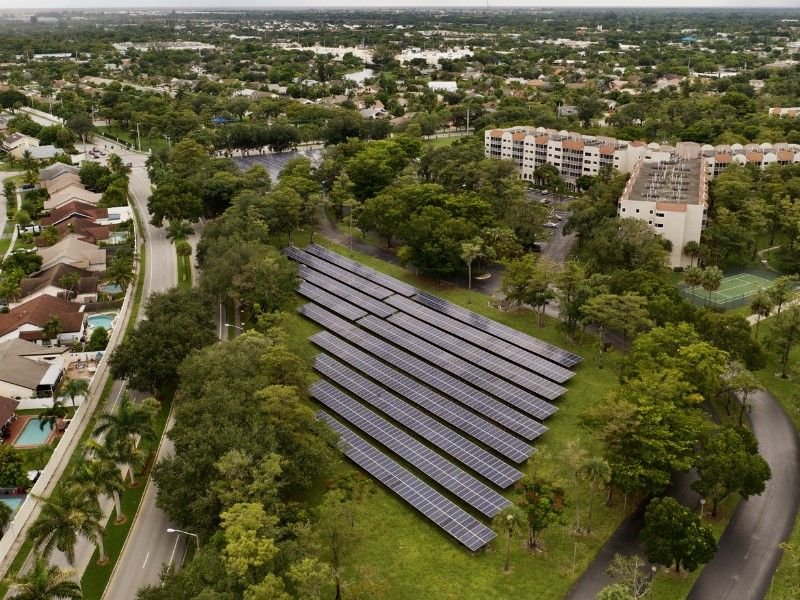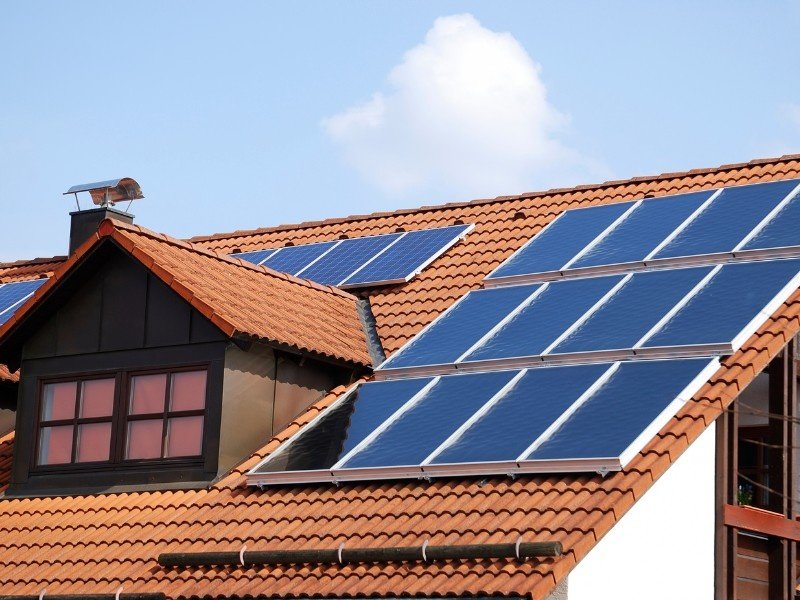Solar energy has become a global phenomenon, with more households and businesses adopting this clean, renewable energy source. In India, the growing interest in solar power is driven by two major factors: the rising cost of electricity and government initiatives to promote sustainable energy. But the big question remains: Are solar panels worth the investment in India? In this blog, we will explore the financial and environmental benefits of investing in solar energy, helping you decide if it is the right move for your home or business.
Understanding the Value of Investing in Solar Energy
Investing in solar energy means installing photovoltaic (PV) solar panels on your property to convert sunlight into electricity. This shift allows you to generate your own energy, significantly reducing your electricity bills and reliance on traditional power grids. Solar power is sustainable, and it helps reduce carbon emissions, making it an eco-friendly option.
The Return on Investment (ROI) is a key concept when it comes to solar power. The ROI measures how long it will take for your investment in solar panels to pay off in terms of savings on electricity bills. Over time, the savings often exceed the initial cost, making solar panels a smart long-term investment.
Is Solar Panels Worth It in India?
In India, the financial and environmental incentives for solar energy are particularly compelling. The government has launched several policies and subsidies to make solar power more affordable and accessible. These initiatives, like Subsidy Schemes and the Jawaharlal Nehru National Solar Mission, have been instrumental in promoting solar energy adoption.
Moreover, high electricity tariffs in many urban areas make solar power an attractive alternative. As the cost of traditional electricity continues to rise, many homeowners and businesses are turning to solar as a cost-saving solution. The combination of financial savings, environmental benefits, and government support makes solar power an appealing option for Indian consumers.
Solar Power Plant Investment: Cost vs. Benefits
The initial cost of installing solar panels can seem steep, but it is essential to break down the expenses and long-term savings. A typical solar panel installation involves costs related to hardware, installation, and maintenance. While upfront costs can vary depending on the size of the system and location, solar panels are becoming increasingly affordable due to advancements in technology and government subsidies.
However, the long-term financial benefits often surpass the initial costs. By producing your own electricity, you can significantly reduce or even eliminate your monthly electricity bills. The average payback period for solar panels in India is around 5-7 years, depending on location and energy consumption. After that period, the savings you generate are essentially profit, making solar panels a financially sound investment.
Pros of Investing in Solar Energy
Cons to Consider Before Installing Solar Panels
Are Solar Panels Worth the Investment for Businesses?
For businesses, the financial and environmental benefits of investing in solar power are even more significant. Commercial solar power plants can drastically reduce operational costs by lowering electricity bills.
By switching to solar, businesses can achieve energy independence and enhance their sustainability efforts. Many companies are now adopting solar power as part of their corporate social responsibility initiatives.
At Alpex, we provide tailored solar solutions for businesses, offering both financial and environmental benefits. With Alpex’s commercial solar systems, companies can enjoy reduced operational costs, tax benefits, and a positive environmental impact.


Key Considerations Before Making the Solar Plant Investment
Before deciding to invest in solar panels, it’s important to evaluate several key factors:
- 1
Energy Consumption: Analyse your average energy usage and assess whether solar power can offset a significant portion of your electricity needs.
- 2
Government Subsidies: Check for available subsidies and financial incentives in your region that can help reduce the cost of installation.
- 3
Financing Options: Many solar financing and loan options are available in India. Some providers even offer EMI structures to make the upfront investment more affordable.
- 4
Roof Space: Ensure your roof has enough space and the right orientation to accommodate the necessary number of panels for optimal energy generation.
How Alpex Simplifies Solar Investment for Indian Homes and Businesses?
Alpex specialises in providing custom solar solutions designed to maximise your Return on Investment (ROI). Our team offers comprehensive support, from consultation and installation to handling government paperwork and maintenance.
With Alpex’s streamlined process, you can easily transition to solar energy and start enjoying its benefits.
Our customer success stories speak for themselves, with numerous homeowners and businesses making the switch to solar energy and experiencing substantial savings on electricity bills while contributing to environmental sustainability.
Conclusion
Investing in solar panels in India offers substantial financial and environmental benefits. From reducing electricity bills and achieving energy independence to lowering your carbon footprint, solar power is a wise investment for both homes and businesses. The availability of government subsidies and financing options further makes solar power accessible and affordable.
To make an informed decision, consult with solar experts like Alpex, who can assess your energy needs, provide customised solutions, and guide you through the entire process. Whether you are looking to reduce costs or go green, solar panels are worth the investment in India.




